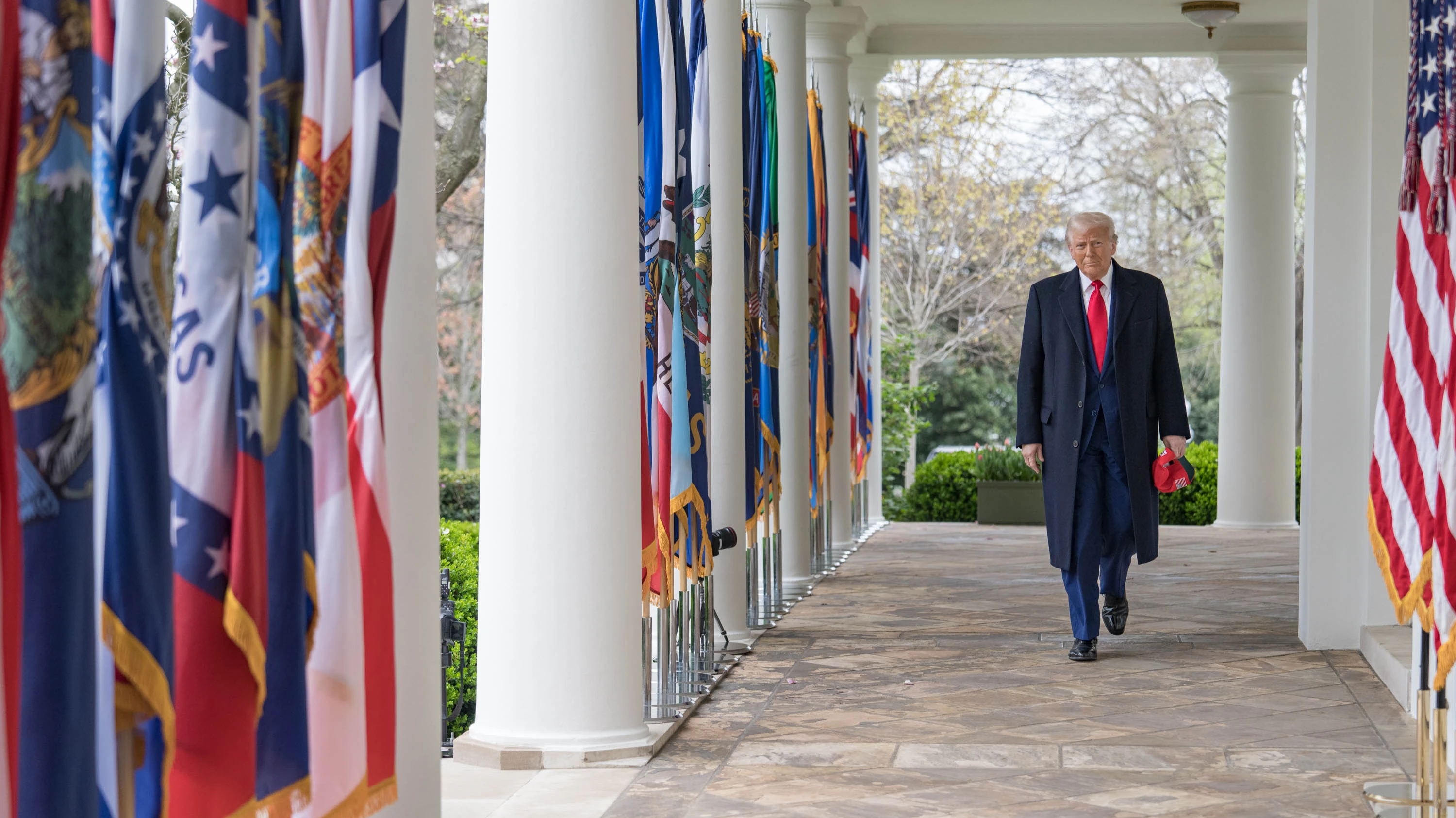Trump ruled out extending duty deferrals for countries that haven't signed agreements with the U.S.
A 90-day pause on Trump's heightened trade restrictions expires July 9, and framework agreements have only been signed with China and Britain

U.S. President Donald Trump said he is not considering postponing a planned July 9 increase in duties on shipments from countries that have failed to sign agreements with the White House, Bloomberg reports. He threatened to end trade talks and impose import restrictions. The S&P 500 broad market index reacted with a decline, breaking a week-long streak of gains.
Details
President Trump ruled out extending the deadline he set for trading partners. The plan was for the parties to negotiate and sign agreements within 90 days, which expire July 9, to avoid higher duties. However, there are only two such agreements so far - with Britain and China, both of which are frameworks and leave many issues open, wrote Bloomberg.
"No, I'm not thinking about a pause," Trump said Tuesday, July 1, aboard Air Force One, when asked if he intends to extend the negotiating period. - I will be writing letters to many countries."
Following the announcement, the S&P 500 broad market index, which had traded steady throughout the day, slipped 14 points and ended the day down 0.1 percent. The Cboe VIX Volatility Index, also known as the "Wall Street Fear Index," jumped above 16.8 points but then partially corrected. The Bloomberg Dollar Spot Index, which tracks the U.S. currency, was little changed, while the yen maintained gains against the dollar and led the G10 currencies.
Context
Trump made the announcement on the day of a Financial Times op-ed that argued the White House was no longer seeking sweeping trade agreements, but instead was banking on small, quick agreements. Such mini-deals could allow many countries to avoid imposing higher duties on July 9.
As the dialog with partners continues, senior U.S. administration officials are sending conflicting signals about the flexibility of the deadline. On Monday, Treasury Secretary Scott Bessent warned that "'intransigent' countries will face the return of hard rates," writes Yahoo Finance. Meanwhile, Kevin Hassett, the president's chief economic adviser, signaled that agreements could be announced after the July 4 holiday and the signing of Trump's tax bill.
In mid-June Goldman Sachs chief economist Jan Hatzius said that he "does not build a second round of reciprocal duties into his forecast" and expects the delay to be extended. Hacius estimated that the overall level of tariffs in the U.S. has already increased by about 10 percentage points this year and the bank expects about 4-5 more increases - through 25 percent sectoral duties on goods such as semiconductors, communications equipment, pharmaceuticals, and copper.
Tokyo won't go along with Washington's terms
On Tuesday, Trump also stepped up criticism of Tokyo's refusal to buy U.S. rice and the imbalance in auto trade between the two countries. "Japan should pay 30%, 35% or whatever we decide, because we have a very large trade deficit with them," the president said in a Bloomberg statement. In April, he proposed a 24% rate on Japanese goods, with only a universal tariff of 10% in place during the postponement.
"I'm not sure we'll get a deal. I doubt about Japan - they're very tough. You have to understand: they are very spoiled," Trump said.
Who is close to an agreement
On the deal with India, the US President has more optimism. Asked about the chances of reaching a compromise next week, Trump said: "It will be an agreement that will allow us to enter the market and compete. Right now India doesn't let anybody in. I think India will change that, and if so, we'll have a deal with much lower duties." New Delhi this week also said it was close to finalizing a deal despite complex issues including industry tariffs and access to the Indian market for U.S. genetically modified crops.
The European Union is ready to conclude a trade agreement with the United States, wrote Bloomberg on Monday, citing sources. According to them, Brussels is set to agree to a universal duty of 10% on a significant portion of exports, but is pushing for lower rates for key sectors - pharmaceuticals, alcohol, semiconductors and civil aviation. In addition, the EU is seeking quotas and exemptions from the U.S. that would effectively soften current import tariffs: 25% on cars and auto parts and 50% on steel and aluminum, the agency's interlocutors said.
With Canada, the U.S. resumed aborted talks last week after it eliminated a digital services tax on large U.S. technology companies.
This article was AI-translated and verified by a human editor
